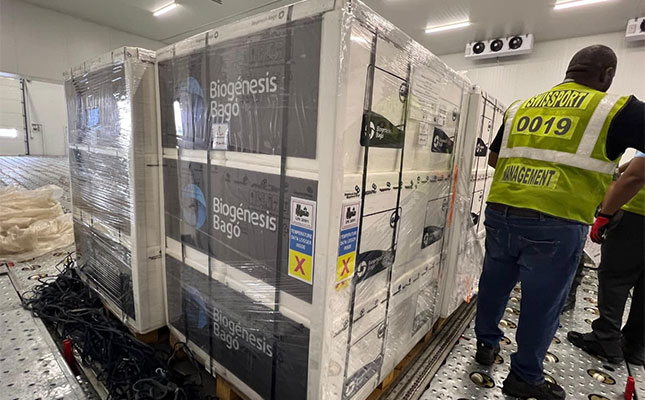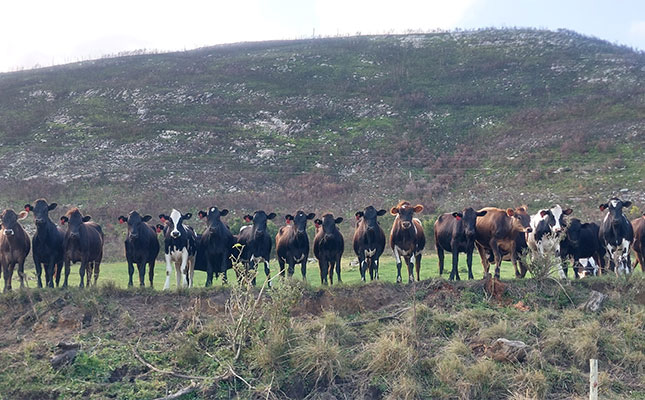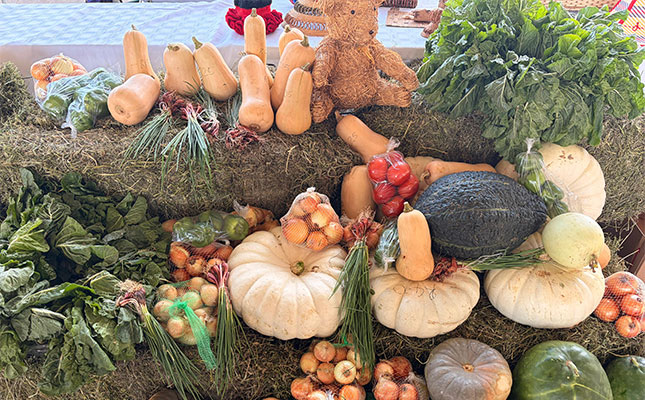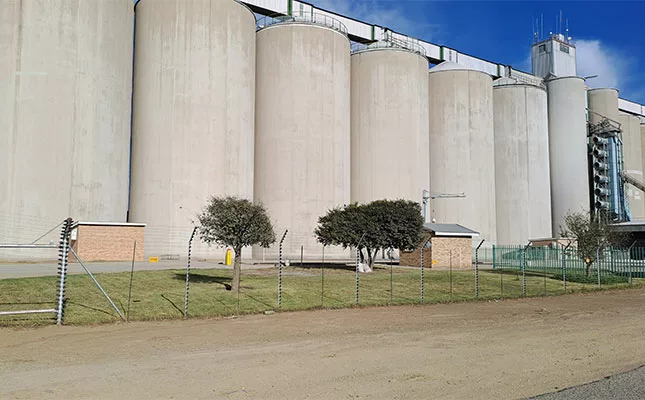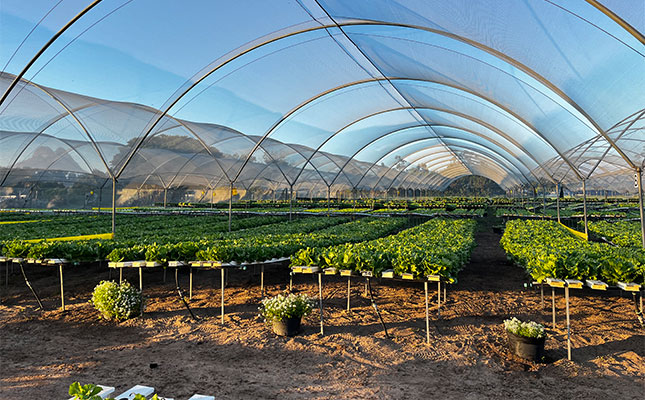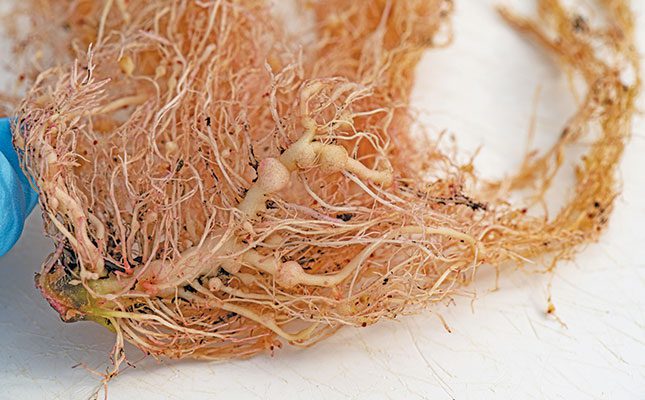
According to Prof Driekie Fourie, nematode specialist at Syngenta, the impact of nematodes is often overlooked and poses a far greater problem than many farmers may realise. The problem also extends beyond traditional hotspot areas, having a significant effect on crop yields.
“Unfortunately, once nematodes are diagnosed in the soil, eradication becomes almost impossible.
This leads not only to substantial yield losses, but threatens sustainable crop production,” Fourie said.
Fourie’s research shows that approximately 12% of yield losses in South Africa are attributable to nematodes, with highly infested fields experiencing losses of up to 60% or more.
Fourie said that ectoparasite population densities appear to be on the rise in conservation farming areas. The emergence of new nematode species, like the highly pathogenic root-knot nematode Meloidogyne enterolobii, further highlights the need to conduct more research on these organisms.
She said while there had been improvements in academic understanding of nematodes, there is still insufficient knowledge at the farm level. Climate-change is also posing problems as changing weather patterns influence nematode populations.
The research of both Fourie and Dr Mieke Daneel, a nematologist at the Agricultural Research Council, shows planting cover crops that are poor hosts to nematodes is effective in reducing pest numbers.
Daneel pointed to Tolgar Rhodes grass and Turf Saver Tall Fescue for the summer rainfall region. In the winter rainfall region, she suggested Marigold, Esterosa Saia Oats and Scala Brown Mustard for effective nematode control.
Fourie, however, cautioned that crop rotation systems must be carefully managed since some could promote nematode build up.
“Growers need to be educated about nematodes and their potential impact on root and soil health,” said Fourie.
“Identifying and understanding the presence of new nematode species is crucial for effective management and research. By becoming more aware of and investing in research and management strategies, South African growers can mitigate the negative effects of nematodes and improve agricultural sustainability,” she added.
Get trusted farming news from Farmers Weekly in Google Top Stories.
➕ Add Farmers Weekly to Google ✔ Takes 10 seconds · ✔ Remove anytime

